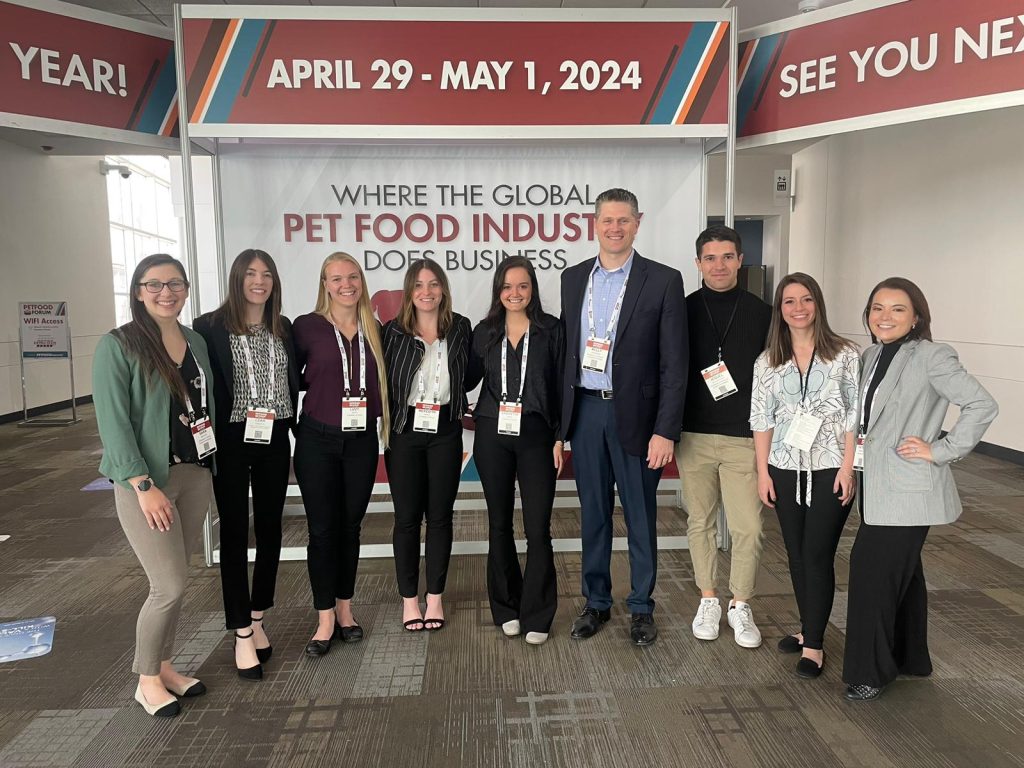The Swanson Laboratory uses genomic biology to study nutrition-related problems in the areas of obesity and gastrointestinal health. Both comparative and applied nutrition research projects are performed in our laboratory, including those studying human subjects, companion animals (e.g., dogs and cats), and traditional animal models (e.g., rodents and pigs). A primary aim of our laboratory is to study the effects of diet and age on gastrointestinal microbiota community composition and activity. DNA-based techniques [e.g., quantitative polymerase chain reaction (qPCR); next-generation sequencing] are used in our lab. Current projects are designed to evaluate the effects of dietary fibers and prebiotics, dietary lipids, protein: carbohydrate ratio, and changes in endocrine function on gastrointestinal microbial populations. Key relationships between intestinal microbiota, host physiology (e.g., metabolite profiles; tissue histology), and disease are also being studied.
Another primary area of research pertains to energy homeostasis and obesity. In addition to measuring gut peptide response to dietary manipulation, molecular techniques such as qRT-PCR, DNA microarrays, and RNA sequencing (RNA-seq) are used to identify mechanisms and/or metabolic pathways affected in key metabolic tissues. Adipose tissue, skeletal muscle, and the liver play important roles in energy homeostasis and glucose and lipid metabolism, and are the focus of several ongoing projects.
Companion Animal Nutrition Certificate for Nonstudents
Premier University program taught by active, world-renowned leaders – Kelly Swanson and Maria de Godoy.
The Companion Animal Nutrition Certificate program gives industry professionals, veterinarians, animal scientists, pet breeders, and pet enthusiasts the opportunity to take in-depth courses on various aspects of companion animal nutrition. Course topics include canine and feline metabolism, nutrient functions and requirements, pet nutrition and disease, pet food ingredients, principles of diet formulation, pet food processing technologies, good manufacturing practices, pet food regulations, and market trends.
Click here for more information.
We are currently looking for graduate school candidates interested in Nutrition & the Gut-Brain Axis for a USDA-NNF Fellowship!
Click here for more information.



